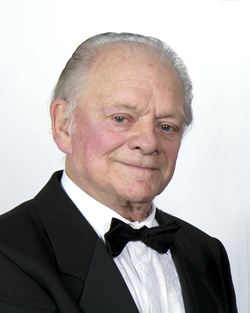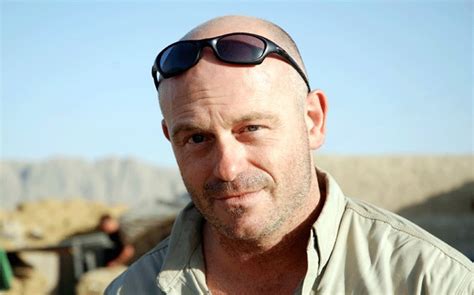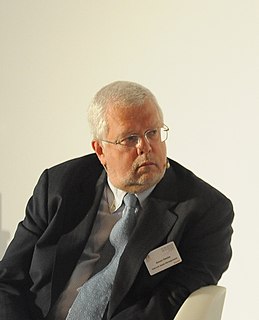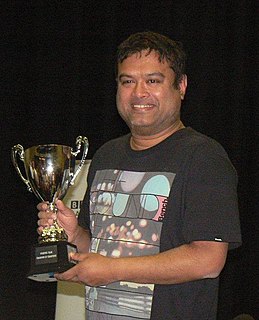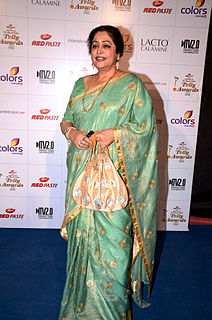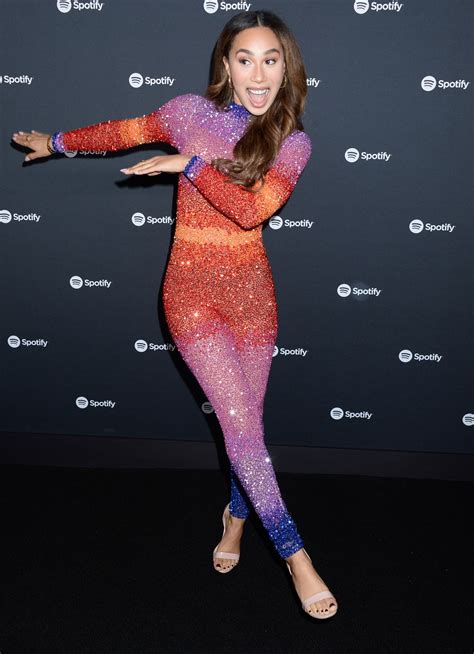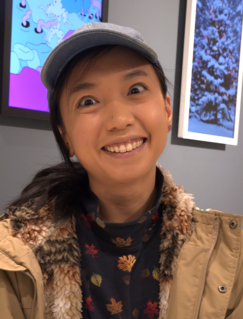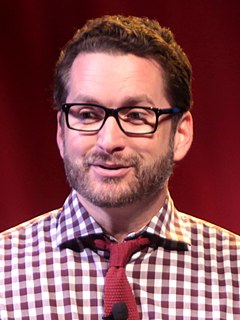A Quote by Bryan Cranston
When I was a kid there were a very select few channels - programmes had to have more of a large appeal and they just didn't offer very much. Now you have a situation where the television world has expanded and there's hundreds of channels.
Related Quotes
Television in the 1960s & 70s had just as much dross and the programmes were a lot more tediously patronising than they are now. Memory truncates occasional gems into a glittering skein of brilliance. More television, more channels means more good television and, of course, more bad. The same equation applies to publishing, film and, I expect, sumo wrestling.
Something economically changed. It used to be that you needed 20 million people to watch a TV show for it to be a hit. Now, with just a few million people watching, you're considered very successful, for a lot of these streaming services, or cable channels. Now, that allows people to do much more creatively ambitious work, because it's not lowest common denominator.
There seems to be a contradiction in the fact that there's more music around and more channels or downloading music or more channels on TV, and yet at the same time, in some ways it doesn't seem to be as vital as it once was. It seems to be just another entertainment option or lifestyle enhancement aid or something.


